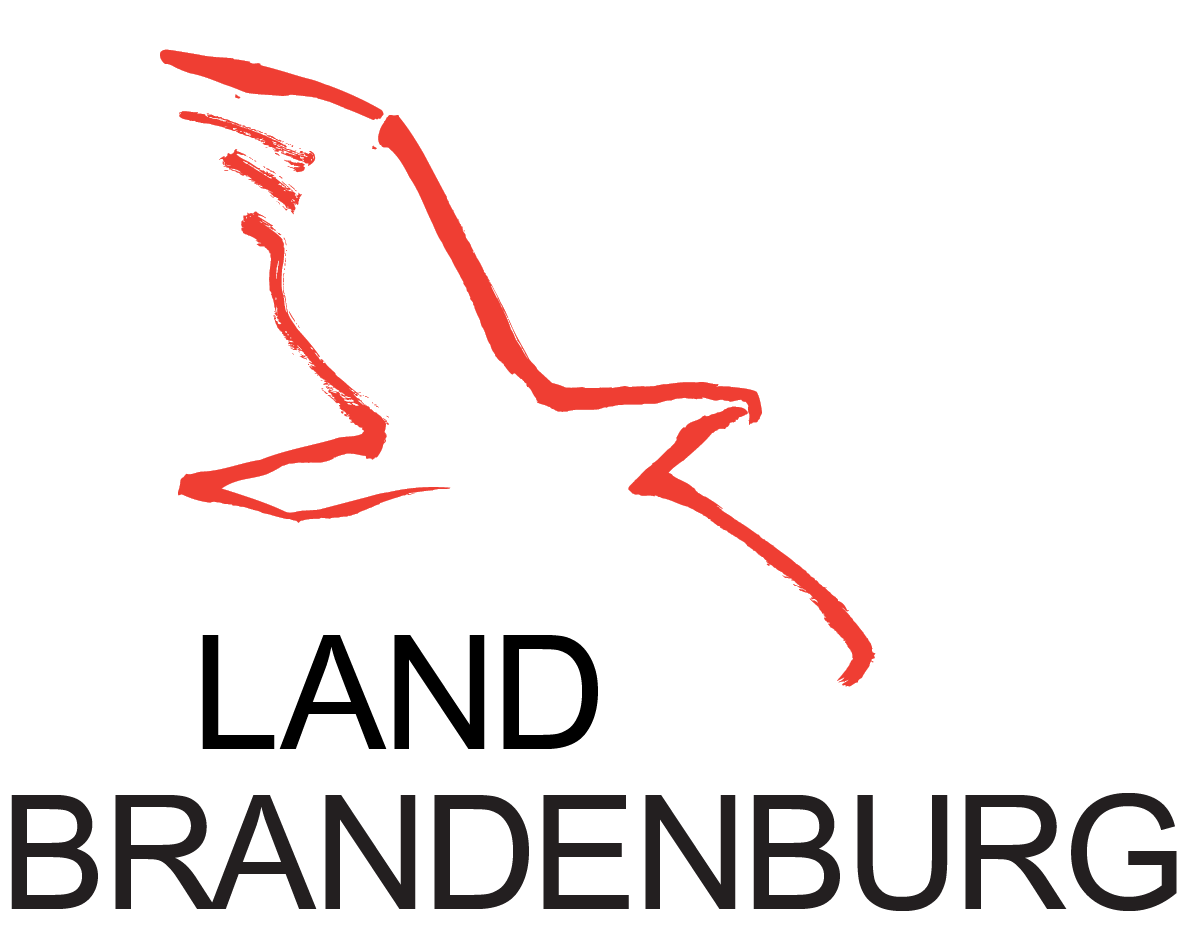Administrative services A-Z
Please enter a town (or postcode) where you are looking for the service
search place
Special school admission
For admission or change to a special school, a special education assessment procedure is carried out in advance under the direction of the regionally responsible State Education Office.
Your responsible authority
-
Forms
- In the handout for the implementation of the special education assessment procedure, the procedure and the necessary forms are bindingly regulated. You can view this handout at school, at the special education support and counselling centres and on the Berlin-Brandenburg Education Server
-
Detailed description
Children and young people with special educational needs should go to school in the state of Brandenburg together with other children near their place of residence. Pupils who cannot be sufficiently supported in joint lessons or whose parents wish to attend a special school or special class will be admitted to a special school corresponding to their special educational needs at the request of the parents, the school management or the pupil (after reaching the age of 14). The State Education Office decides on the appropriate place of learning on the basis of the educational recommendation of the support committee, taking into account the parents' wishes.
The provisions of the assessment procedure apply mutatis mutandis if the pupil attends or wishes to attend a special school in independent sponsorship or if special educational support is to take place in joint lessons at substitute schools in all priority areas as well as in the case of special educational needs in autistic behaviour.
In their pedagogical work, special schools are geared to the individual support needs of pupils. In accordance with the recommendations on special education support laid down by the Standing Conference of the Ministers of Education and Cultural Affairs (KMK), it is structured according to special educational priorities:
•"Learn"
•"Language"
•"emotional and social development"
•"mental development"
•"Listen"
•"physical and motor development"
•"See"
•Schools for the sick
Schools with the special educational focus "mental development" are all-day schools and divided into learning levels. Schools with the special educational focus "learning" can comprise grades 1 to 10 and are geared to the special needs of pupils with significant impairments in school learning. Both types of school each have their own course of education, which leads to the completion of the respective type of school. Schools with a special educational focus on "language" and "emotional and social development" comprise grades 1 to 6 and usually lead the educational course of primary school. They are intended to enable pupils to make the transition to general school as early as possible. Children with the special educational focus "language" can also be taught under special circumstances in remedial classes of grades 1 and 2, which are affiliated to primary schools. Schools with the special educational focus "Hearing" (Wilhelm-von-Türk-Schule in Potsdam) and "Seeing" (Brandenburg School for the Blind and Visually Impaired in Königs Wusterhausen) comprise grades 1 to 10 and lead the educational programs of primary school and secondary school. Pupils with the special educational focus "physical and motor development", who cannot be supported in joint lessons or whose parents wish to attend the special school, can attend a special school with the special educational focus "physical and motor development". The school for the sick is located in the Asklepius Fachklinik in Brandenburg an der Havel. If there is no permanent school offer in a clinic, pupils receive home schooling during their hospital stay.
-
Requirements
A completed special education assessment procedure in which a corresponding special educational need was determined.
-
Documents
Decision of the State Education Office in the form of a decision on the special educational needs determined in the context of a special education assessment procedure and an allocation of learning location to a special school.
-
Process
- If admission to a special school is to take place, an application for the determination, modification or termination of the special educational needs must first be submitted to the regionally responsible state education office.
- The State Education Office commissions the responsible special education support and counselling centre to carry out the assessment procedure.
- The assessment procedure is carried out by a funding committee and is usually divided into
1. the basic assessment of special educational needs (level I) and
2. learning observation (level III).
- The funding committee then develops an educational recommendation.
- Subsequently, the State Education Office decides on the basis of the educational recommendation of the support committee after implementation of level I or level II, taking into account the parents' wishes, whether and what special educational needs exist. If this is the case, the State Education Office decides on
1. the place of learning,
2. the grade,
3. the applicable framework curriculum,
4. the contents of the funding and
5. to the extent necessary, whether compensation for disadvantages is to be granted. - With the decision of the State Education Office, the pupil is admitted to the school and the school relationship is established.
-
Duration
0-12 months
-
Deadline
Depending on the pupil's grade, deadlines for admission to the first (enrolment, Ü1) or seventh grade (Ü7) may have to be observed.
-
Responsible authority
State Education Office
-
Point of contact
Responsible school
- Legal basis
- More information
-
Approved
Ministry of Education, Youth and Sports
Unit 32
-
Approved date
09.06.2020
